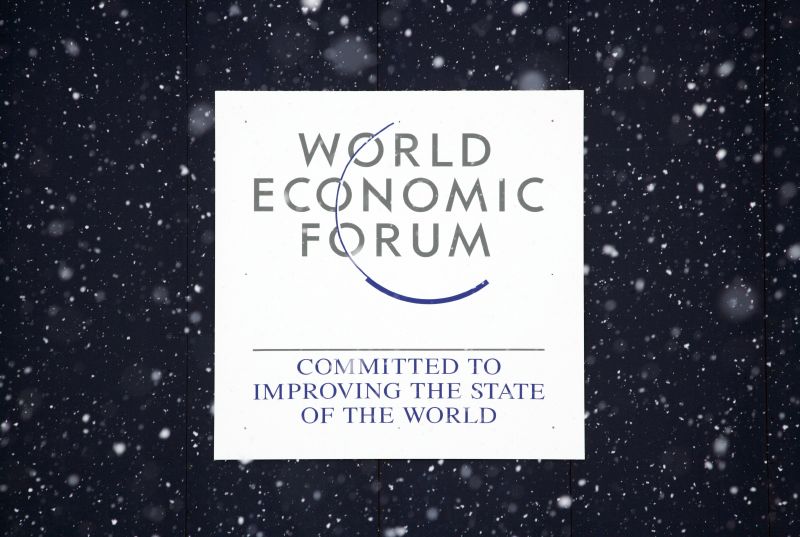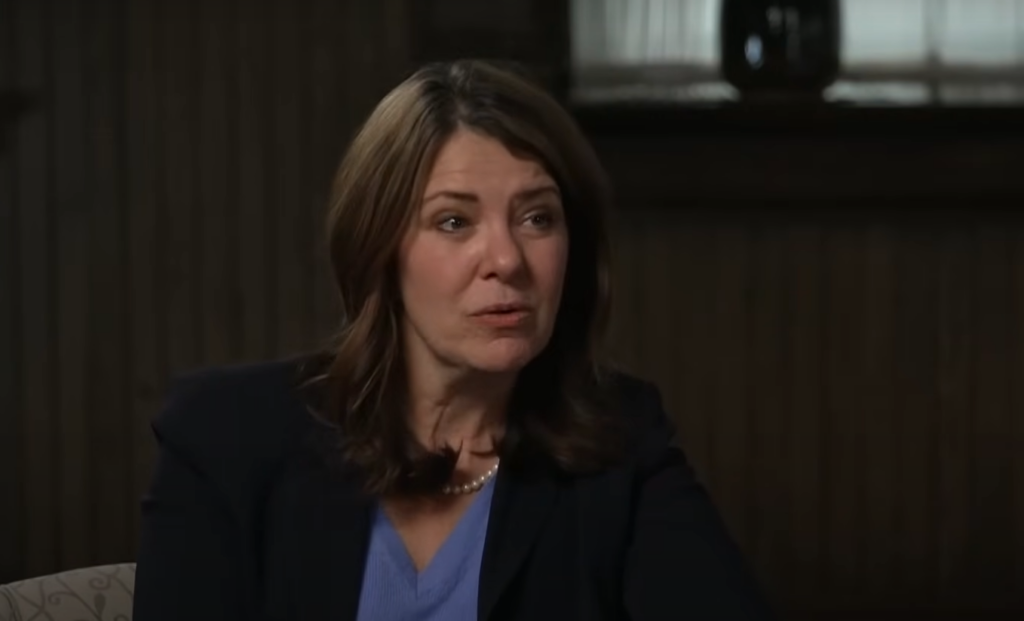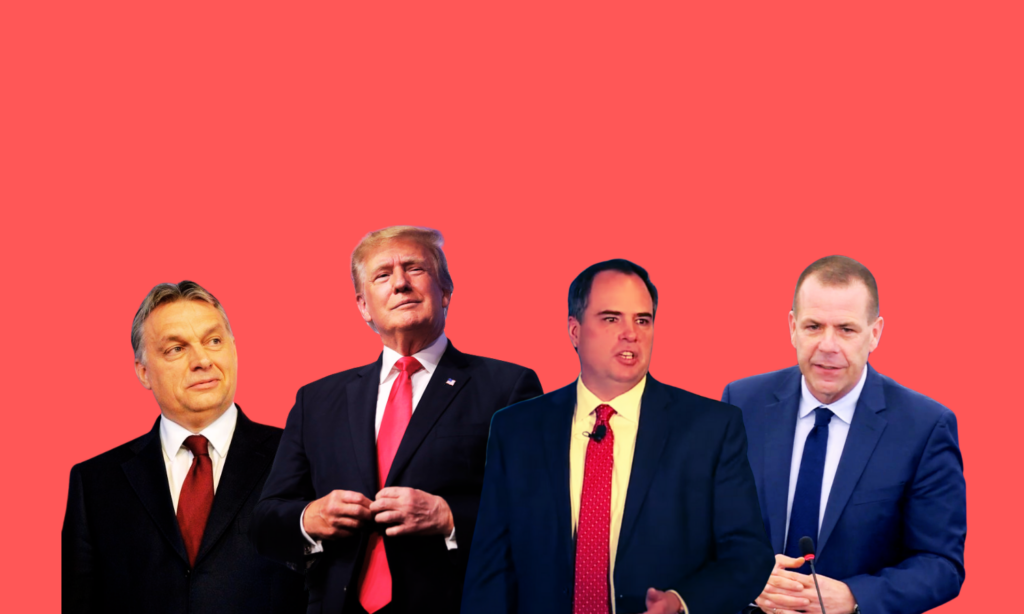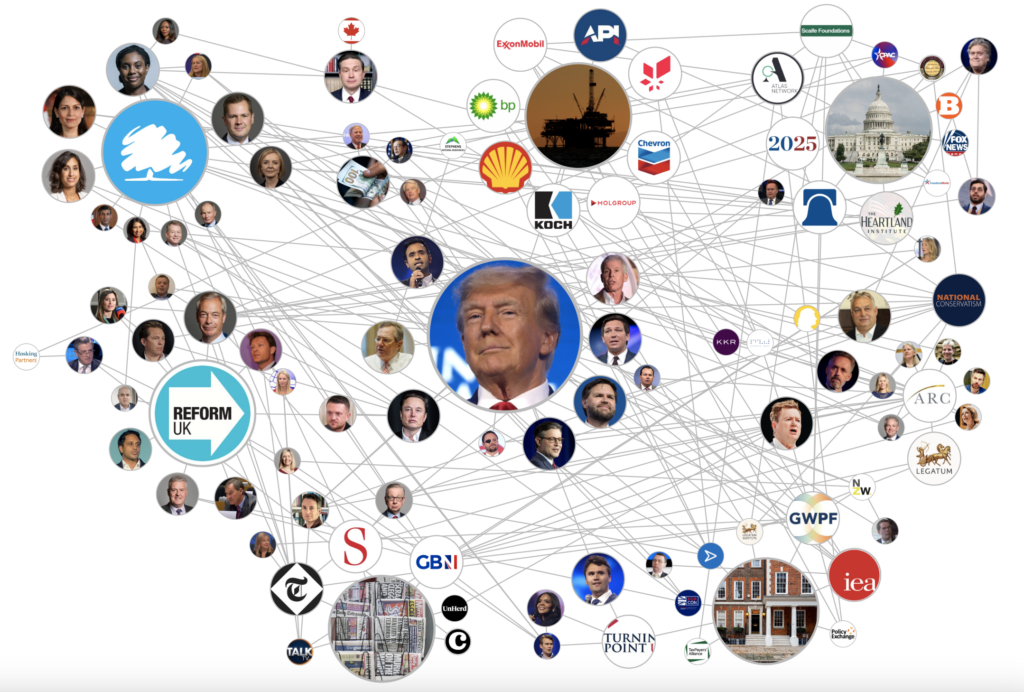By Dr. Katherine Kramer, Global Lead on Climate Change for Christian Aid
This week’s meeting of economic leaders World Economic Forum (WEF) at Davos has the theme of ‘Shaping globalization 4.0’.
While some of us may have missed out on the nuances of the previous three incarnations of globalization, WEF’s chosen theme is in response to the trend of increasing nationalism and general pulling back behind national borders. The Forum’s founder and executive chairman Klaus Schwab has argued that cross-border problems like climate change require “a new social compact” between leaders and the citizenry so that people feel secure enough domestically to be open to the world beyond their borders.
So far, so good. Global problems do often require joined-up and cooperative solutions, and this is certainly true for some of the biggest risks identified in a recent WEF report of their members’ perceptions of risk. It will be essential for addressing the climate crisis, which, in its ‘extreme weather event’ incarnation came out top of the impact/ likelihood analysis, and second in its own right.
The push in Davos seems to be towards public-private partnerships that would (so the argument goes) guide the free market to create rainbows and unicorns and universal peace and joy. Or the political equivalent thereof.
However, this would give ever greater power to corporations and diminish that of civil society. Further, it subverts the first duty of government to protect the people – including from climate risks (and from corporate overreach: Facebook and Cambridge Analytica leap to mind). It ignores the fact that private enterprises have a fiduciary duty to maximize profits.
This means that the economic growth, social benefits and the all round sustainability that the WEF dreams will come from these public-private partnerships may well encourage the economic growth of companies, but at potentially great expense to wider society and environment.
This is not at all to argue that the private sector does not have a role in effecting the large-scale systems changes that are required to address global crises, including limiting global warming to 1.5ºC. New approaches and new technologies that are needed for such changes require innovation, which has tended to come from the private sector.
But it is government’s responsibility to set strong sustainability parameters to ensure that the markets help to deliver the necessary social and environmental benefits. Governments should have a better view of wider implications of actions to be able to avoid unintended consequences. Their duty is to the public, not profit.
This is not a hymn of praise to our current governing class. They need to step up to address the great, and interlinked, challenges of our time. The current global climate pledges add up to 3ºC of global warming, not below 1.5ºC. This is a huge collective failure of leadership.
But to address the risks identified in the WEF report, what are needed are clear policies and regulations from government, that show joined up analysis and that can ideally capture co-benefits to address more than one of the risks at once.
Governments should certainly engage with the private sector – it is essential to address the risks. But governments should be in the driving seat defining the planetary future for the good of both people and the environment on which they rely for survival. Allowing the private sector to push the profitability agenda their fiduciary duty requires is simply not sustainable.
Image: World Economic Forum/Wikimedia Commons CC BY–SA 2.0
Subscribe to our newsletter
Stay up to date with DeSmog news and alerts







